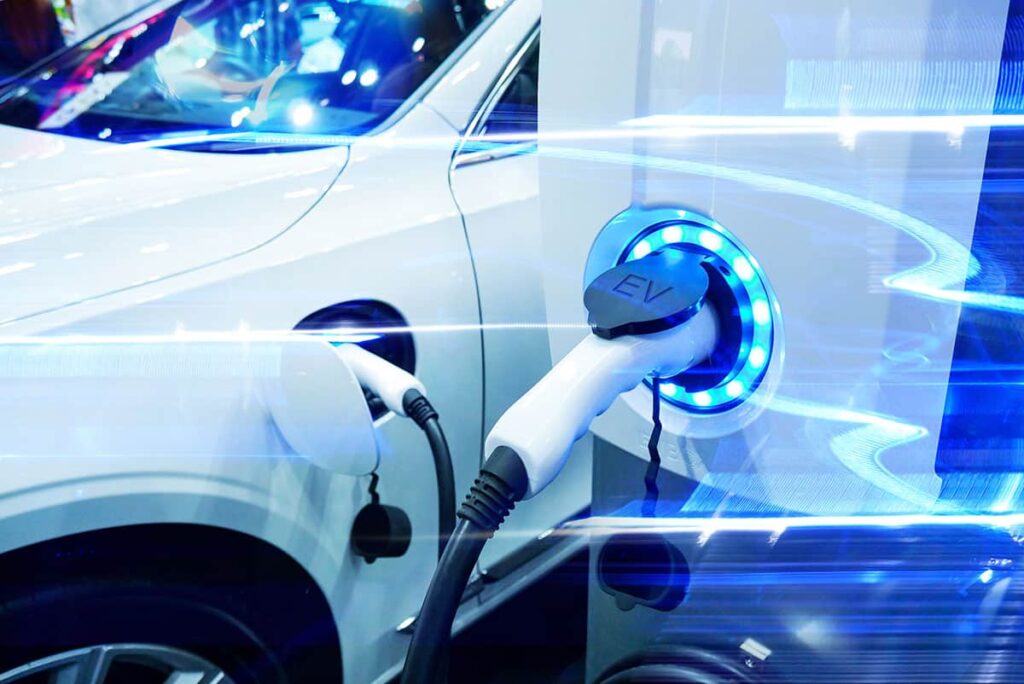By 2040, one of the world’s best-known car brands, General Motors, whose portfolio includes brands like Chevrolet, Buick, GMC, and Cadillac decided to go fully carbon-neutral. Several other companies followed suit. Mercedes-Benz announced that they will go full electric by 2030, Rolls-Royce by 2030, and Honda by 2040; the list is endless. Earlier this year, Lamborghini, one of the world’s most beloved supercar brands, decided to say goodbye to its last V-12 gas-powered cars. Even countries — such as Britain and Singapore — plan to ban the sale of new gas-powered vehicles to combat climate change. With all of the changes occurring in the market, will we have to say a farewell to gas-powered cars?
Ever since the invention of automobiles in 1886, they have been loved by many, becoming deeply intervened in people’s daily lives. Not only is it a source of transportation, but it also is a hobby, an asset, and a valued item for many. It has also been entertainment for millions of individuals, whether that is in the form of movies or sports. For the past few decades, however, all of these events depended on the use of gas-powered cars. Now, electric and hybrid cars have started to dominate the market with an increased amount being developed and running on local roads. The survival of these hobbies with the changes in the market is now being questioned more than ever.
More and more research shows that due to the massive planned banning of the sale of gas cars, the price of both gasoline and gas-powered cars is going to plummet. Researchers say that by 2025, more gas cars will be discarded than sold: falling at a rate of 40 to 70 million cars per year. With the massive amount of abandoned cars, the gas that these cars depend on will also decrease in need leading to a free fall in the price. Scholars are hesitant to presume the future of gas-powered cars as it is still a big mystery, though it is most likely that the market will go heavily towards electric cars in the next few years.
The answer isn’t limited to two though—many argue for alternative options that not only preserve the use of gas-powered cars but also alter some aspects to make it more environmentally friendly. For example, Formula 1 racing has always been at the center of debate for many years due to all the carbon waste. Over the years, Formula 1 has responded and introduced many new regulations to reduce its carbon footprint by standardizing cars to only a V6 engine, which is a smaller and more efficient engine that supports a more environmentally friendly race. Nevertheless, there is still debate over whether or not these changes lead to an impact; regardless, what Formula 1 did is an example of alternatives instead of saying no to climate change regulations while still keeping gas-powered automobiles.
As electric cars become more prevalent and efficient, many of us will have to leave gas cars and opt for electric cars in the future. Though the emotional bond with gas cars remains, the use of gas cars will likely turn towards more of a hobby than a source of transportation. The passion that one has for driving a gas-powered car will not die down due to the rise in electric or hybrid-powered cars, though the majority of the population is likely to turn to the new form of transportation as it is more efficient and greener. It also doesn’t depend on gas which can be a huge expense for many families.
However, will electric and hybrid cars be the future of transportation? With growing innovation in the competitive economy that we live with, who knows what is going to be the next form of fuel or even transportation that will take over electric cars in the future? Are we going to adopt more efficient forms, such as bullet trains or a hyperloop, or are we going to adapt and not even require a source of transportation in the future? The mystery behind how humans are going to get from Point A and Point B is not only fascinating but also a dying question that needs to be answered.

